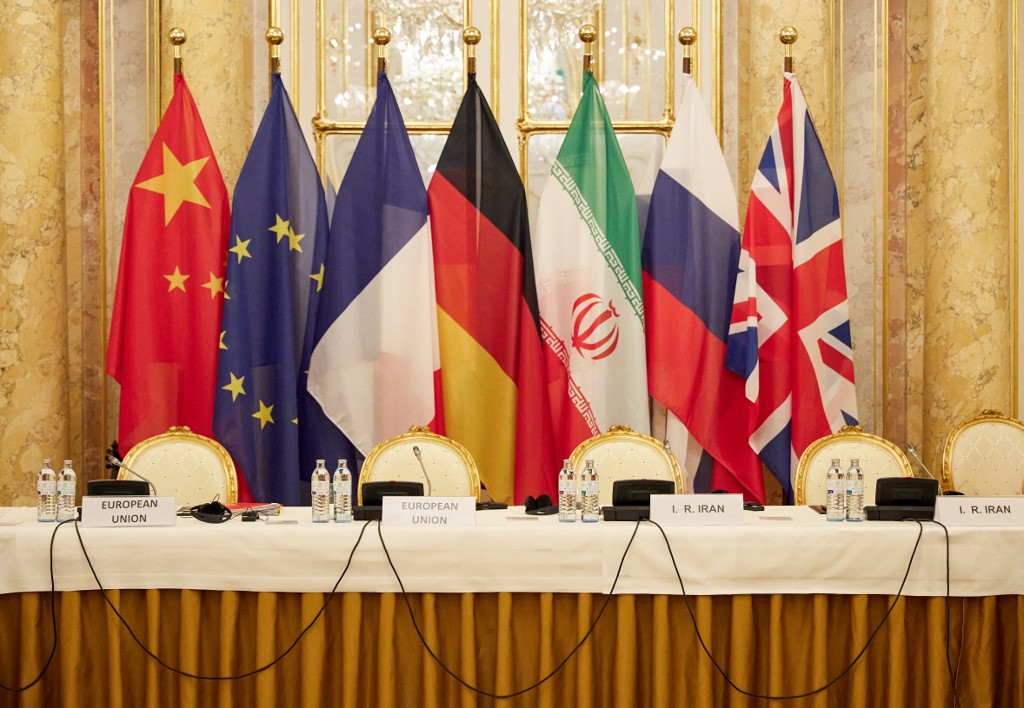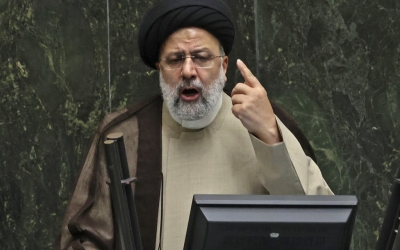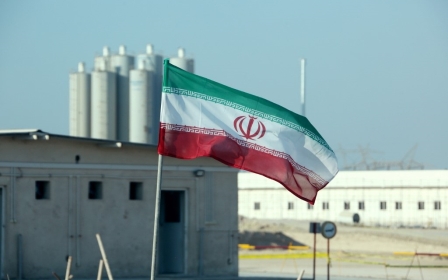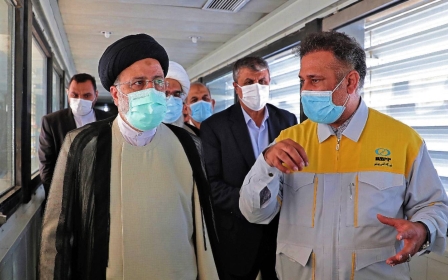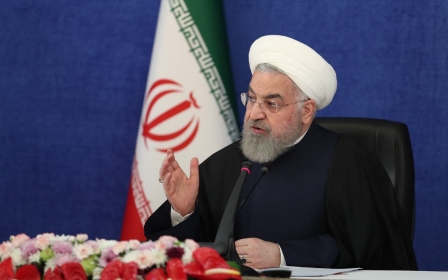Iran nuclear talks: Sanctions and military threats are not the way forward
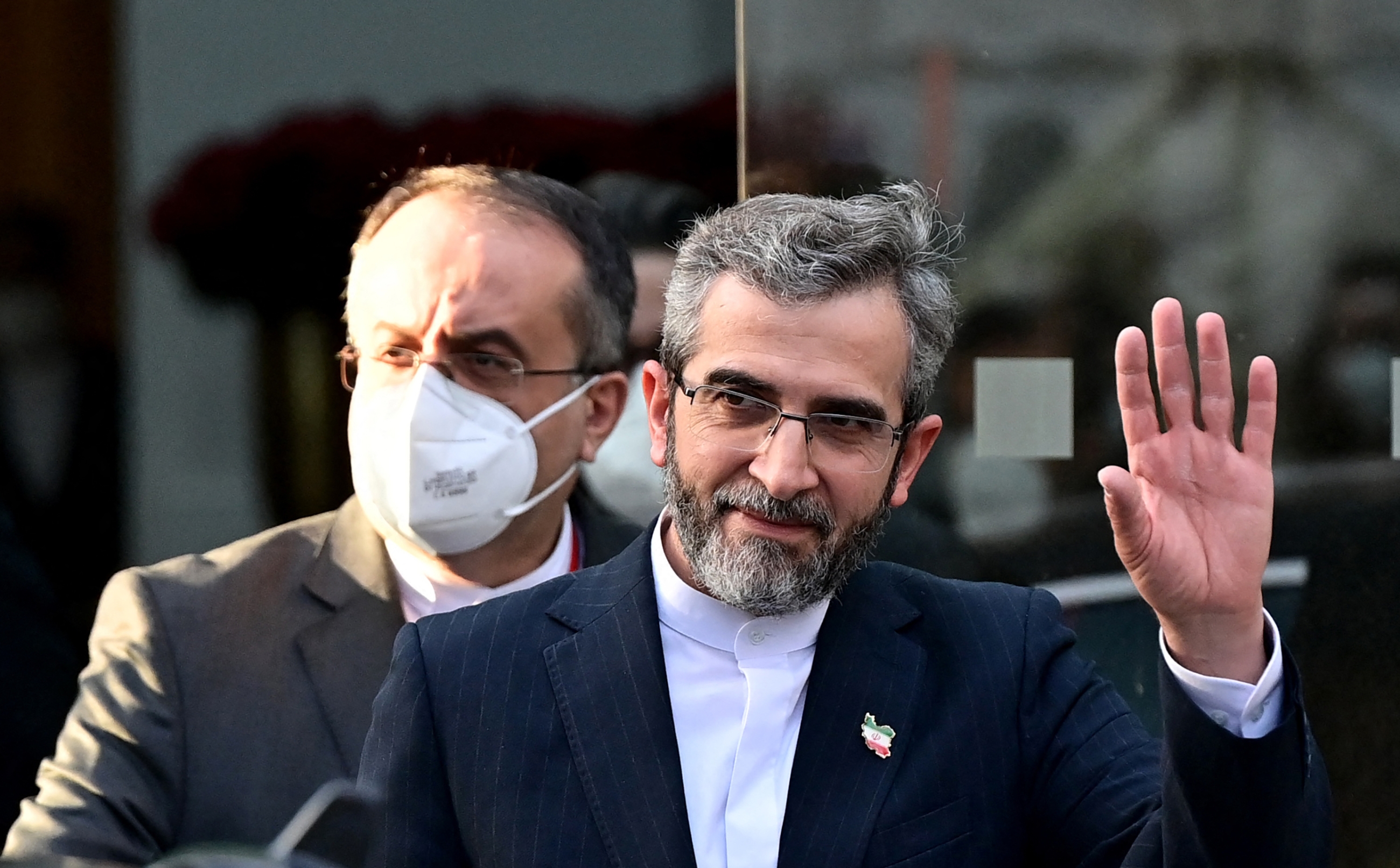
The seventh round of negotiations between Iran and world powers to revive the 2015 nuclear deal started in late November. While it is hard to speculate on the outcome, it is clear that there is a huge gap between Washington and Tehran.
The Iranians, understandably, have requested strong guarantees that the next administration will not withdraw from any agreement reached in Vienna. After the Trump administration reneged on the deal in 2018 and pursued a “maximum pressure” strategy, Iran paid a heavy price.
What is certain is that a military attack on Iran's nuclear facilities would further destabilise the entire Middle East
The problem with Iran’s demand, however, is that neither the Biden administration nor any other administration can control the decisions of future presidents. In addition, the US is currently facing tremendous domestic and foreign challenges. The inflation rate in the US rose to 6.8 percent this year, the highest increase since 1982, while the chaotic withdrawal from Afghanistan dealt a heavy blow to the country’s reputation.
These and other setbacks suggest that the Democratic Party will have a hard time maintaining control of Congress after elections next year, or the White House after the 2024 presidential vote. A second Trump administration cannot be ruled out.
Reading the political map in Washington, Iranian leaders have good reason to doubt whether any agreement they sign with the Biden administration will survive beyond the next US election.
New MEE newsletter: Jerusalem Dispatch
Sign up to get the latest insights and analysis on Israel-Palestine, alongside Turkey Unpacked and other MEE newsletters
Punishing sanctions
At the same time, senior US officials have started talking about preparing a Plan B if nuclear negotiations fail, which could entail strengthening economic sanctions against Iran. The US was planning to send a high-level delegation to the UAE this week to discuss Iran sanctions compliance.
Yet, increasing economic pressure on Iran is not likely to force it to capitulate. The nation has been under punishing sanctions for decades, and the Trump administration’s “maximum pressure” policy only hardened Tehran’s nuclear stance and led it to expand its programme. More of the same will not work. In addition, rising tensions between the US and both Russia and China will draw Moscow and Beijing closer to Tehran.
A more troubling part of Plan B is the threat of a military strike. President Joe Biden has reportedly asked his national security adviser to review the Pentagon’s plan for military action if diplomatic efforts collapse. In addition, senior US and Israeli officials have reportedly discussed joint military drills to prepare for possible attacks on Iran’s nuclear facilities.
Last month, Israel approved a $1.5bn budget allocation for weapons and equipment in the case of a potential strike on Iran. It is hard to assess whether these announcements are psychological warfare, or real preparation for military action. What is certain is that a military attack on Iran’s nuclear facilities would further destabilise the entire Middle East.
Zero-sum mentality
Sanctions and military threats will not bolster diplomatic efforts in Vienna. Rather, the legitimate security concerns of Iran and other regional powers must be acknowledged and new initiatives considered.
For decades, Israel has refused to confirm or deny having a nuclear arsenal. Israel was the only country to oppose a recent call at the UN General Assembly for a Middle East nuclear-free zone.
Israel’s nuclear arsenal is a liability, not an asset. If Israel were to join the nuclear Non-Proliferation Treaty, the talks in Vienna would take on a new dynamic and be much more likely to succeed.
Equally important is for Arab countries and Iran to intensify recent efforts to overcome their differences. Baghdad recently hosted talks between Saudi Arabia and Iran, and the UAE’s top national security adviser this month visited Tehran, marking the most senior-level encounter between Iranian and Emirati officials in a decade.
The zero-sum mentality of the last several years has proven too costly for the involved parties and the region as a whole. Many innocent people in Lebanon, Yemen and elsewhere have paid a high price. Easing tensions among Gulf rivals is a step in the right direction.
The views expressed in this article belong to the author and do not necessarily reflect the editorial policy of Middle East Eye.
Middle East Eye delivers independent and unrivalled coverage and analysis of the Middle East, North Africa and beyond. To learn more about republishing this content and the associated fees, please fill out this form. More about MEE can be found here.



